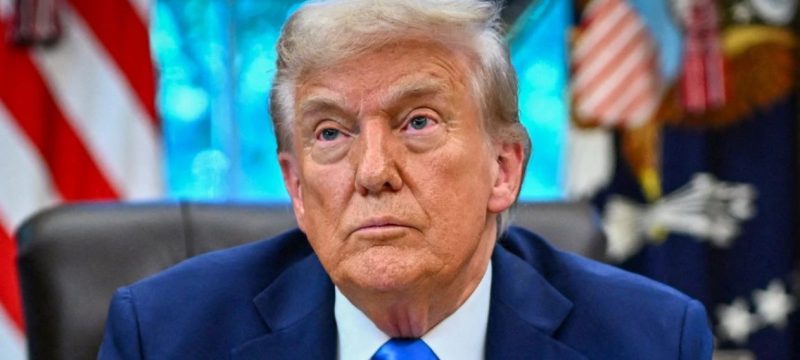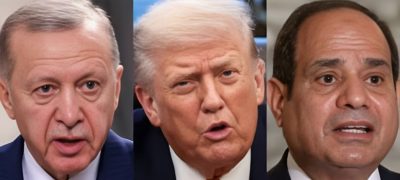Former U.S. President Donald Trump has claimed that acetaminophen could be a “big factor” in autism. He made these remarks in Arizona during his speech at Charlie Kirk’s memorial service. Trump also teased a major announcement on autism, expected later today.
The comments drew attention because acetaminophen, commonly known as paracetamol, is widely used worldwide. Health experts have long debated potential risks, but no official medical authority has confirmed a direct link to autism.
Trump’s remarks have reignited discussions about the causes of autism. Many families and advocacy groups are waiting to see if his upcoming announcement includes any policy changes or support measures. His words are expected to spark both support and criticism, especially among medical professionals.
This is not the first time Trump has spoken about autism. During his presidency, he often mentioned health-related topics in public forums. However, connecting acetaminophen to autism without scientific consensus has raised concerns. Some experts argue that such statements may mislead the public and create unnecessary fear.
The timing of his statement also adds weight. Autism rates have been increasing globally, and governments are under pressure to improve research and healthcare support. Trump’s promise of a major announcement could influence the political conversation around health policies in the United States.
The debate also highlights how influential figures can shape public opinion on sensitive health matters. Just as recent controversies, like the Sky News anti-Islam rant, stirred strong reactions, Trump’s autism claim is expected to trigger widespread discussions.
Medical professionals caution that scientific research should guide public health policies, not political statements. Still, many will be watching closely to see how Trump frames his autism-related announcement today.
For now, the link between acetaminophen and autism remains unproven. The world awaits Trump’s detailed statement, which could clarify whether his focus will be on medical research, healthcare funding, or political campaigning.







